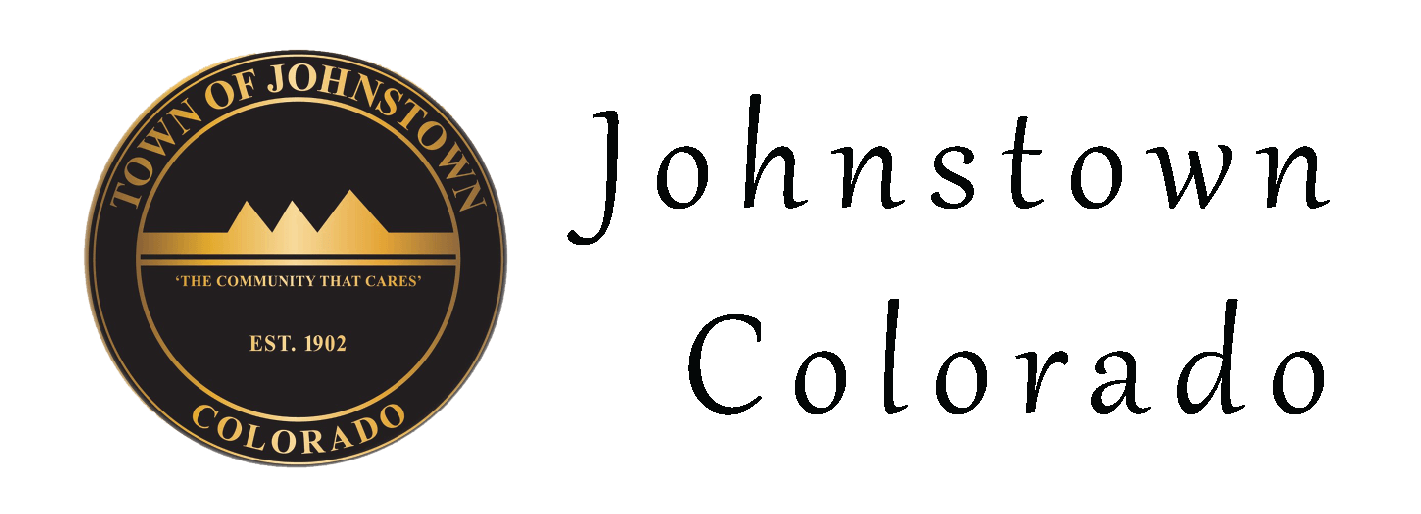Easements:
Easements represent “nonpossessory interests in real property,” granting one party the right to utilize another’s property for a specific purpose. Typically, easements are established for utility maintenance or emergency access. (It is important to note that easements don’t entail a transfer of ownership; the original owner retains ownership of the land.)
The terms of an easement are usually explicitly outlined in the property deed, ensuring its persistence even if the land is sold or transferred. Prospective buyers should conduct thorough title research to understand the location of easements, as structures erected within them may be subject to removal by the easement holder.
In Johnstown, utility easements exist on most properties, allowing utility companies to access private property for the construction, maintenance, protection, or repair of their facilities, including pipelines, telephone/electric cables, water and sewer lines, and junction boxes. Utility companies have a legal right to access their easements, but are also responsible for making repairs to resident’s property as a result of their work, ensuring minimal disruption to residents' property.
Right of Way (ROW):
A right of way grants permission for passage across a property either to the public or a specific entity. Unlike easements, which allow for specific purposes, right-of-way only permits travel through the property without usage rights.
Right-of-ways generally extend from public streets/roads to areas including the space where the curb meets the sidewalk, often stretching several feet beyond into what might seem like private property. The exact locations of right of ways can vary within the Town and are typically outlined in subdivision plats or determined by surveyors.
Utility providers, like telecommunications, often utilize the public right of way for their services, after securing approval from the Town.
